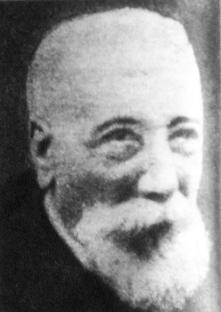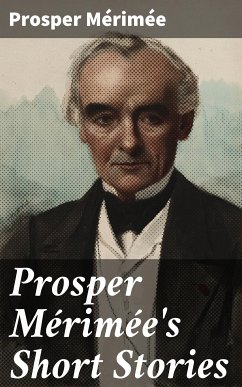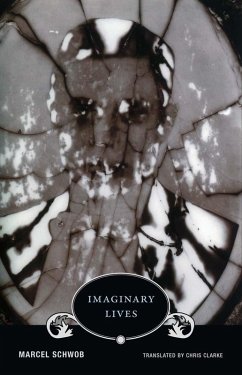
The Well of Saint Clare (eBook, ePUB)
Exploring faith, love, and redemption in a French village with mysterious healing powers and critical commentary on religious institutions
Übersetzer: Allinson, A. R.
Versandkostenfrei!
Sofort per Download lieferbar
0,49 €
inkl. MwSt.
Weitere Ausgaben:

PAYBACK Punkte
0 °P sammeln!
In "The Well of Saint Clare," Anatole France masterfully weaves a narrative that explores the intertwining of love, aspiration, and the complexities of human relationships. Set against the backdrop of a rural provincial town, the story delves into the lives of its inhabitants, focusing on themes of quest for paradise and the search for deeper meaning within everyday existence. France's prose is characterized by its lyrical fluidity, rich symbolism, and keen philosophical insights, showcasing his adeptness at balancing realism with allegorical depth, reflective of the broader literary movements...
In "The Well of Saint Clare," Anatole France masterfully weaves a narrative that explores the intertwining of love, aspiration, and the complexities of human relationships. Set against the backdrop of a rural provincial town, the story delves into the lives of its inhabitants, focusing on themes of quest for paradise and the search for deeper meaning within everyday existence. France's prose is characterized by its lyrical fluidity, rich symbolism, and keen philosophical insights, showcasing his adeptness at balancing realism with allegorical depth, reflective of the broader literary movements at the turn of the 20th century. Anatole France, a luminary in French literature and a Nobel laureate, was deeply influenced by the socio-political challenges of his time, which often permeated his writings. France's background in law, combined with a rich intellectual environment and a profound appreciation for classic literature, propelled him to interrogate moral and social issues within his works. His nuanced understanding of human nature and society is evident in "The Well of Saint Clare," providing a distinctly personal lens through which to examine larger existential themes. This book is highly recommended for readers interested in philosophical literature that stimulates profound reflection. France's poignant exploration of the human condition, paired with his exquisite narrative style, invites a contemplation of the pursuit of happiness and fulfillment. Enthusiasts of classic literature will find themselves captivated by the depth and beauty of France'Äôs prose, making this work an essential addition to any literary collection.
Dieser Download kann aus rechtlichen Gründen nur mit Rechnungsadresse in A, B, BG, CY, CZ, D, DK, EW, E, FIN, F, GR, H, IRL, I, LT, L, LR, M, NL, PL, P, R, S, SLO, SK ausgeliefert werden.














